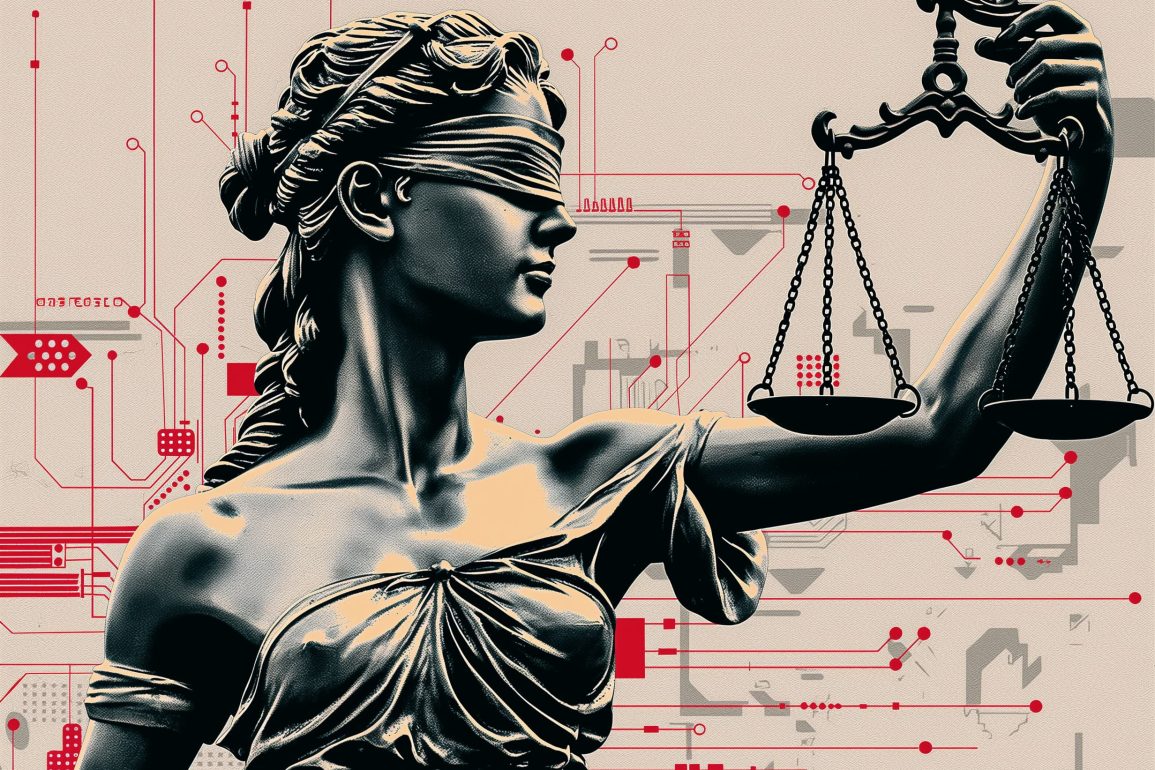A groundbreaking paper published last year reported that an artificial intelligence program successfully passed a Bar exam. However, experts caution that passing an exam does not equate to possessing legal experience and human expertise. AI remains a tool designed to support lawyers, enabling them to focus on critical thinking and problem-solving skills.

The integration of AI in the legal field has accelerated rapidly. In 2022, approximately 6 percent of law firms prohibited the unauthorized use of consumer AI tools like ChatGPT for client-related work. Now, many in the legal profession are advocating for the responsible adoption of AI technologies, which has led to improvements in efficiency, productivity, risk mitigation, and compliance management.
This technological shift is also enhancing the quality of life for legal professionals and broadening access to justice. The discourse around AI in law has evolved significantly, moving from concerns about AI-generated fictitious references to the deployment of AI systems grounded in factual accuracy. Law firms are now implementing AI solutions, investing in long-term responsible tools, and providing AI training to ensure employees can utilize these technologies effectively and safely.
Reflecting on the traditional challenges in the legal sector, one legal technology expert recalled an interaction with a junior lawyer who said, “I apologise for my appearance, I haven’t slept in the last 48 hours.” This anecdote highlights the grueling demands often accepted as part of the job. With AI assistants, junior lawyers can delegate routine tasks, potentially reducing excessive work hours and addressing professional burnout—a prevalent issue in the legal field.
Furthermore, a significant majority of UK lawyers—78 percent—now recognize that AI can create new career opportunities. Law firms are not only recruiting specialists in AI applications but also establishing stringent guidelines for its use.
The necessity for reliable AI is paramount; systems that lack transparency in their operations are likely to become obsolete quickly. Implementing thoughtful safeguards and training programs that maintain professional standards is essential.
The implications of AI advancements extend beyond the legal sector, offering potential benefits across various industries. Businesses in fields such as healthcare, finance, and education can leverage AI to enhance efficiency, improve decision-making processes, and automate routine tasks. This technology can also assist in analyzing large datasets to uncover insights, predict trends, and inform strategic decisions. By adopting AI responsibly and integrating appropriate safeguards, companies across all sectors can achieve higher productivity levels, reduce human error, and provide better services to their clients. The lessons learned from the legal profession’s incorporation of AI underscore the importance of a balanced approach that prioritizes both innovation and ethical considerations.









